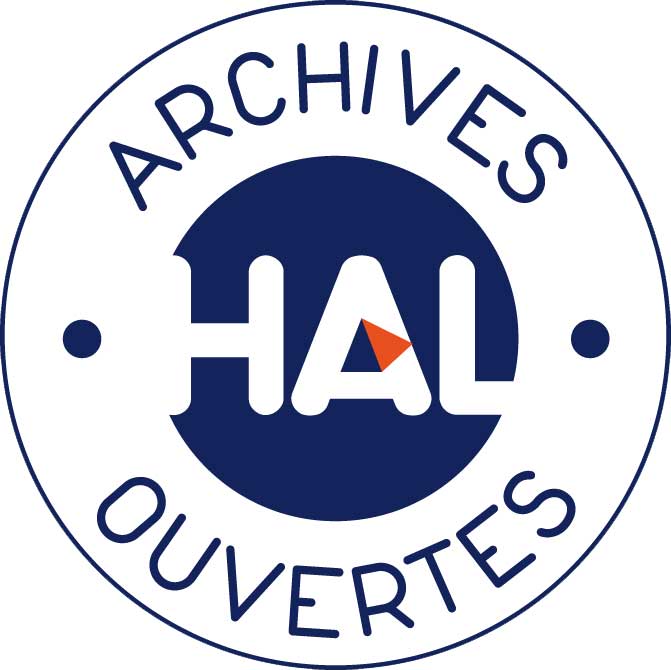Sign language rights in the framework of the Council of Europe and its member states
Vous êtes ici
Sign language rights in the framework of the Council of Europe and its member states
Tupi, E. (2019). Sign language rights in the framework of the Council of Europe and its member states. Helsinki : Ministry for Foreign Affairs of Finland.
Deaf people and their families should be taught sign language by deaf adult role models as soon as the child is identified as deaf. The availability of quality inclusive education through the medium of sign language in an environment in which all other students and staff members have native competency in sign language is desired. Public services being available in sign language and deaf people being able to lead lives without the need to advocate for and demand the implementation of human rights, are also a dream that has yet to become true. In reality, deaf people and their families continue to be burdened by the limited availability of information about sign language, services in sign language and lack of awareness among authorities. As a result, deaf people may potentially tire of constantly having to fight for their rights. Even if there is legislation related to sign language rights at the national level, there is often little evidence of implementation and of sanctions for non-compliance. This may potentially lead to even further marginalisation of people who are deaf from mainstream society. The objective of this study is to provide an overview of the status of sign languages and associated rights in the context of the Council of Europe and its member States. There are some good examples that should be made known across the region. Unfortunately, there are also some cases where sign language rights have not been given much attention or have even been ignored, which has a serious impact on the human rights of deaf people.
Consulter le rapport (Conseil de l'Europe)








